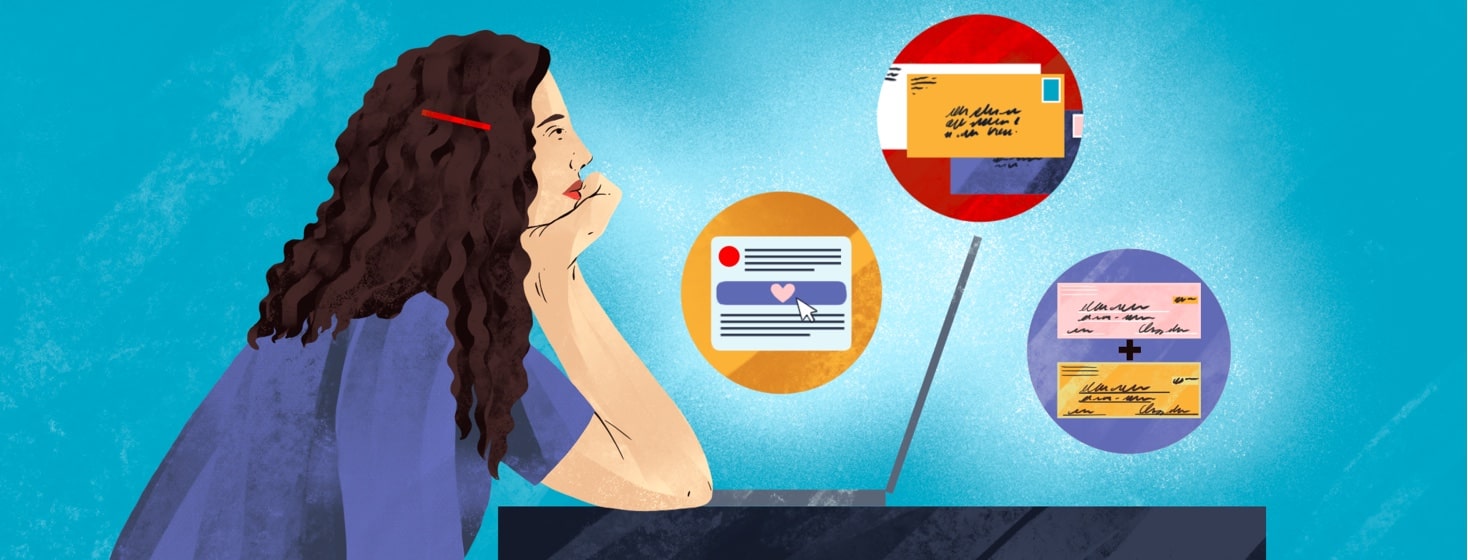Virtual Fundraising: Getting People On Board
Just about every nonprofit and research group out there is in a bit of a pickle in 2020. Events that typically garner thousands of participants no longer will, because it’s unsafe to do so, and many of fundraisers “old hat” tricks, such as asking for coins as you leave a store, asking you to go to a restaurant and receive a percentage of the proceeds, etc., are not available.
Nonetheless, there are no fewer people who are being diagnosed with Alzheimer’s, every 60 seconds, according to the Alzheimer's Association, and the burden on caregivers has only increased as some of the services previously available to them are not at the moment. As such, we adjust!
I began discussing virtual fundraising ideas in a previous post. Since it was posted, I’ve been slowly chipping away at a $3,000 goal, which to be honest is seeming a bit like a Sisyphean task. I’ve launched a jewelry fundraiser to the tune of about $20, food fundraisers to the tune of $70, a soap fundraiser to the tune of $80. Now, every dollar counts and these are all awesome ways to contribute to a cause so near and dear to my heart, but the point is merely that — it’s a slow roll to that finish line!
I’ve found a few things that are working better and wanted to pass them along to you.
Switch up your audience
I commandeered my mom’s Facebook page to register her for the Walk to End Alzheimer’s and start her a virtual Facebook fundraiser, a tool that has been working very well in terms of return on investment for people’s time. I have not tried this tactic before, but it paid off. My mom’s fundraiser has surpassed her goal (of raising $100) and she is now halfway on her way to Champion status (she’s raised $250 of $500).
I urge you to make the ask of your fellow fundraisers to specifically do this for their birthdays, and if they won’t and are willing to let you do it for them, go ahead and take that liberty. It’s for a good cause after all.
Leverage your relationships
Focus your efforts on some key spaces in which you know your efforts are likely to pay off. For example, I write physical letters to companies with which I have a relationship, mechanics, former employers, and services that my parents have used so much there’s no way my name doesn’t ring a bell. Putting in a few extra dollars for a self-addressed, stamped envelope and a few extra minutes in signing and printing these letters out is well worth the 20 percent success rate for a check in the mail!
Ask your employers
Employers like to do good work in their communities. They reap the benefits in the form of tax breaks, positive press, and employee satisfaction (yes, you’re a happier employee when you feel supported by your employer — who knew?). If you don’t know anything about your employer's matching program, ask. If they don’t have one, consider asking for a donation. The worst that can happen is a “no” and then you can ask next year!

Join the conversation